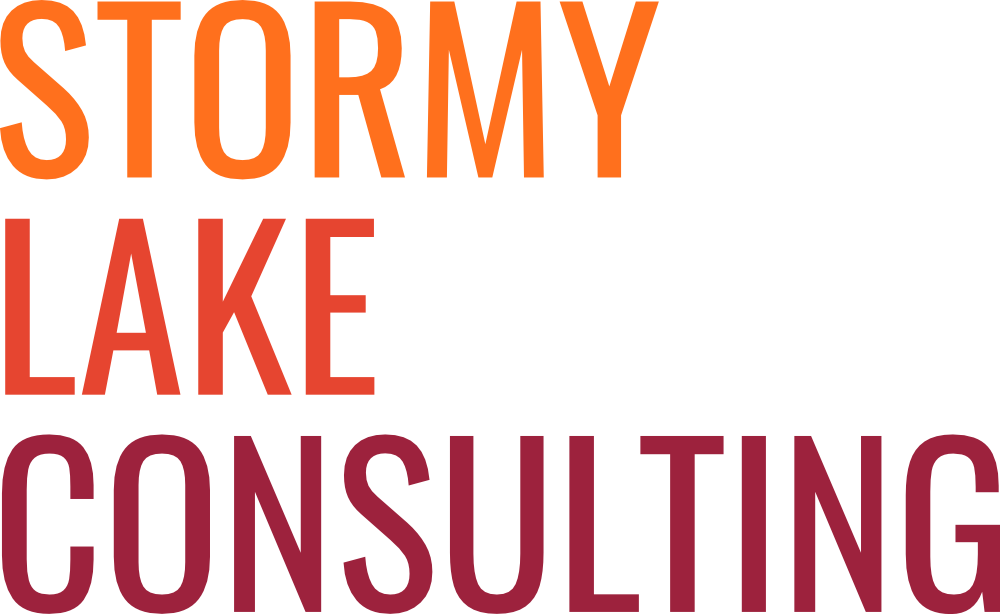The Weekly COVID-20lb Update
Have you ever lost a staring contest with a half-eaten bag of potato chips? Or gone for the chocolate chips because you couldn’t find the chocolate bar you hid from yourself? Or taped a recipe to your pantry door so that you can make cookies as fast as possible at 9:30 in the evening?
You might be a stress eater.
A very interesting study coming out of the University of Alberta showed that the different kinds of stress you are feeling about COVID-19 affect your eating habits in different ways. If you are primarily experiencing financial stress, it will increase your desire to eat. If you are primarily feeling social isolation or health concerns, it will decrease your desire to eat.
The Quarantine 15 (aka COVID-Curves) is a real thing – at least emotionally. We’ve certainly heard about it a lot. Information is scattered all over the internet. Like cookie crumbs on the couch.
Snacking peaked in April and the COVID dashboard shows that weight gain is an ongoing topic of conversation:
Withings, based in France, makes WIFI-enabled scales. Analyzing 100,000 customers in the US showed that 37% of Americans had gained at least a pound in the first few months of COVID. That’s a lot of people, but they didn’t gain nearly the Quarantine 15. (The privacy implications of this study are a topic for another weekly update.)
Men and women seem to have a relatively equal preference for savoury or sweet snacks and 23&Me suggests this is genetic.
It’s not just snack food. A study in Australia looked a number of different eating behaviours.
Eating more snack food +20%
Drinking more alcohol +14%
Eating more fruits and vegetables +13%
And in Canada, buying more cannabis +120%
Diet books are big business and poised for further growth. Based on public mentions, recommendations, ratings and sentiment, 43% of the best diet books of all time are based on the keto diet (followed by plant-based diets at 11%). COVID diets haven’t yet made the list. (BookAuthority).
Governments are responding too. Mexico moved this week to ban junk food sales to children, citing obesity as coronavirus risk factor. It’s funny to think that after years and years of public health research a few adults gaining a few pounds can stimulate one of the most progressive public health policies that no one had the political will to consider until now.
What makes the Quarantine 15 relevant is how our diet experiences can inform our COVID safety behaviours. Losing weight is easy(ish). The challenge is to keep the weight off.
It is the same with COVID safety. Physical distancing, hand washing, mask wearing, bubble blowing. Although they can be a challenge at the start, it is even harder to maintain the behaviours. We stand too close to others, have dinner with friends outside our bubble and leave our mask in the car and don’t bother to go back and get it. These are all the things that spread COVID.
Diet maintenance gives us some good advice:
Be vigilant. Go back and get your mask – every time.
Keep hand sanitizer (i.e., healthy snacks) in the most frequented areas of your home.
Everyday do a mental inventory of your COVID behaviours – what you did well and what you need to do differently.
Think about your safety measures as preventing a health threat, not as conforming to a social norm.
Spend more time outdoors. Don’t go indoor to buy snacks. Win-win.
Try not to wear a mask for long periods of time. Beak it into smaller bites.
Celebrate success – particularly if you have children. Reward the hard work of healthy behaviour. Just don’t go for ice cream.
P.S. In Thursday’s Globe and Mail, only 1 of the 22 top stories was about COVID. Sure, there’s a lot of other stuff going on that’s newsworthy, but it is still quite surprising.



